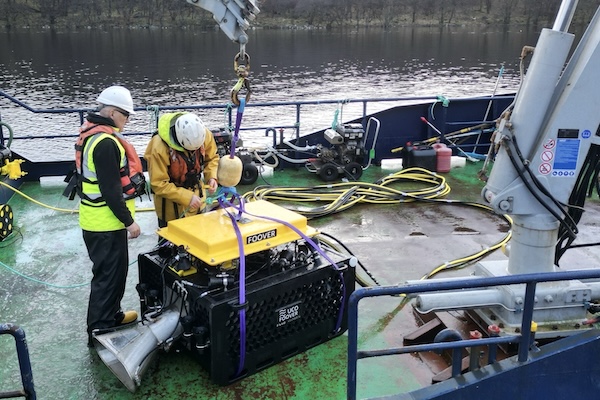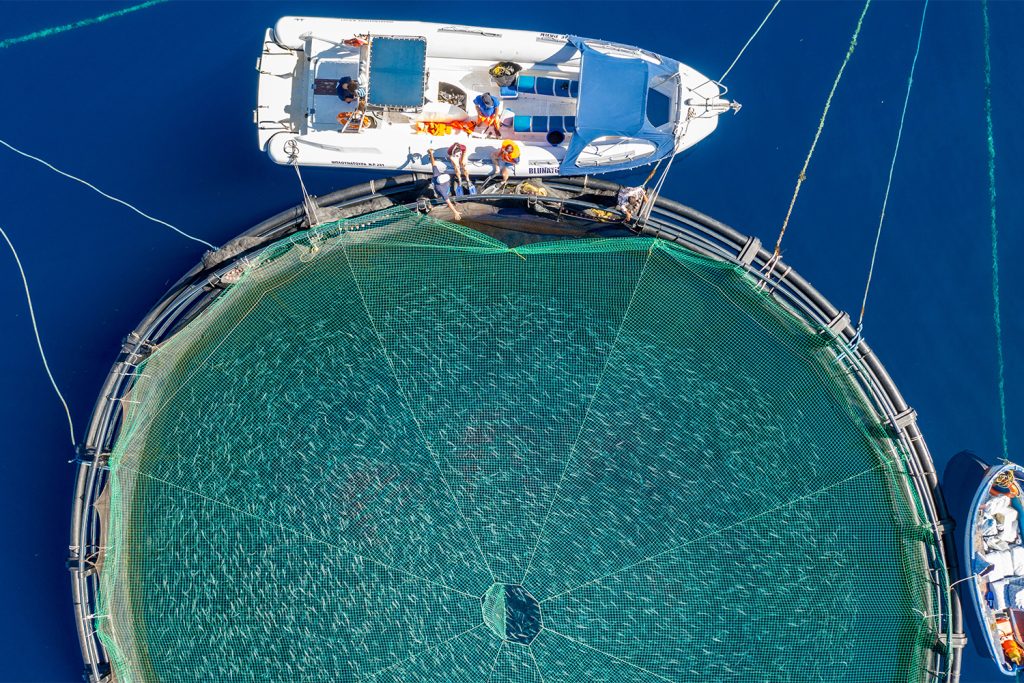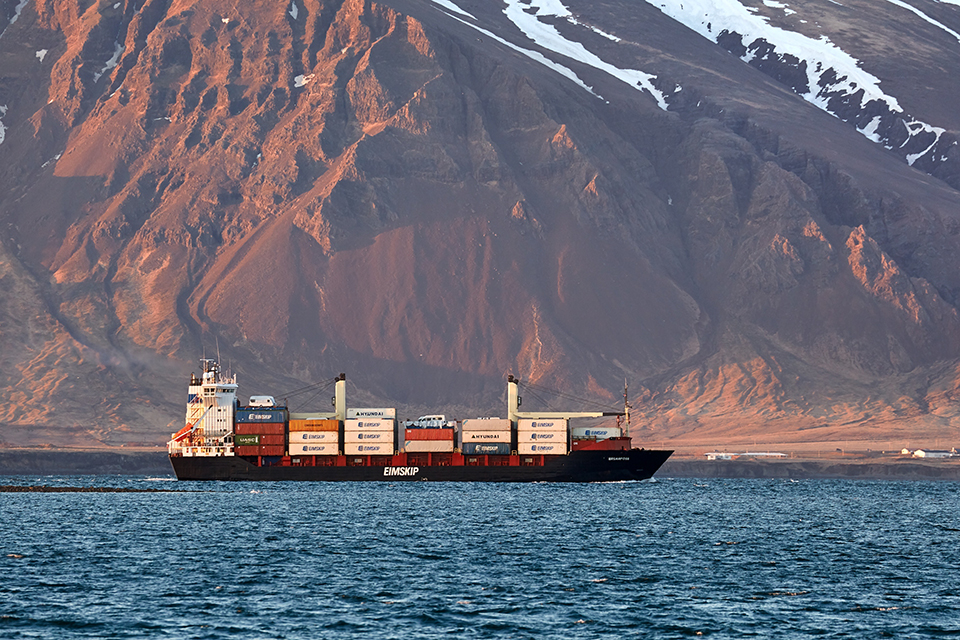Aquatic Life Institute report highlights animal welfare innovations for fisheries, linking humane practices to sustainability and product quality

The Aquatic Life Institute (ALI), an international nonprofit focused on advancing aquatic animal welfare in both aquaculture and wild-capture fisheries, has released its latest Marine Capture Fisheries: Innovative Practices for Aquatic Animal Welfare report. Now in its fourth edition, the report highlights emerging technologies and research aimed at improving animal welfare in global commercial fisheries.
The report focuses on animal welfare practices during key stages of the capture process – from retrieval and onboard handling to stunning and slaughter – which influence both fish welfare and broader sustainability efforts in commercial fishing.
“Our Innovative Practices report addresses a major gap in wild capture fisheries: Aquatic animal welfare is often overlooked by the fishing sector, yet they make up the largest group of animals impacted by human activity,” said Christine Xu, Head of Fisheries Welfare.
Integrating welfare-focused practices into commercial fisheries remains a complex undertaking, shaped by the challenges of mixed-species catches, limited deck space and unpredictable sea conditions.
Nonetheless, some fishing companies are exploring higher animal welfare approaches, working with research institutions and technology startups to test new tools and techniques in the field. The report highlights several of these collaborations, pointing to partnerships between fisheries, scientists and technology developers as a potential pathway for advancing more humane fishing practices.
Some innovations highlighted in the report are positioned not only as animal welfare improvements but also as measures that support broader sustainability goals. Technologies designed to reduce bycatch, minimize habitat damage and prevent lost fishing gear – often referred to as ghost fishing gear – can contribute to healthier marine ecosystems.
The report also points to potential economic benefits, suggesting that higher animal welfare practices can lead to improved product quality, longer shelf life and increased market value. For instance, methods such as shorter fishing durations and smaller catch volumes have reportedly been shown to reduce fish stress and injury in both target and non-target species. According to ALI, lower stress levels result in less lactic acid build-up, which can improve the texture and longevity of the final product.
With its Innovative Practices report, ALI aims to drive broader adoption of welfare-focused technologies, stronger regulations and greater investment in aquatic animal welfare. Framed as a resource for policymakers and industry leaders, the report offers examples and case studies to guide new policies and corporate standards.
“We hope that [the report] encourages more industry leaders to adopt aquatic animal welfare commitments and to opt for innovative, high-welfare fishing practices that enhance sustainability and profitability,” said Xu.
Now that you've reached the end of the article ...
… please consider supporting GSA’s mission to advance responsible seafood practices through education, advocacy and third-party assurances. The Advocate aims to document the evolution of responsible seafood practices and share the expansive knowledge of our vast network of contributors.
By becoming a Global Seafood Alliance member, you’re ensuring that all of the pre-competitive work we do through member benefits, resources and events can continue. Individual membership costs just $50 a year.
Not a GSA member? Join us.
Author
Tagged With
Related Posts

Health & Welfare
Thai shrimp farm adopts humane stunning system to advance animal welfare
Shrimp producer Sea Farms in Thailand has adopted Ace Aquatec’s humane stunning system with cooperation from Shrimp Welfare Project.

Health & Welfare
Partnership aims to boost efficiency and fish welfare through expanded ROV use in salmon farming
Underwater Contracting and Mowi plan to expand ROV use in salmon farming to boost efficiency and fish welfare in aquaculture.

Health & Welfare
Study: 83% of southern Europeans support humane fish slaughter
Most southern Europeans support humane fish slaughter, underscoring the value of animal welfare for Greece’s aquaculture industry.

Responsibility
‘They thought we were crazy’: Behind one Faroe Island salmon farmer’s bold stance to reduce its carbon emissions
Hiddenfjord executive’s insistence that “fish should never fly” flies in the face of industry norm. This Faroe Island salmon company intends to do things greener.



